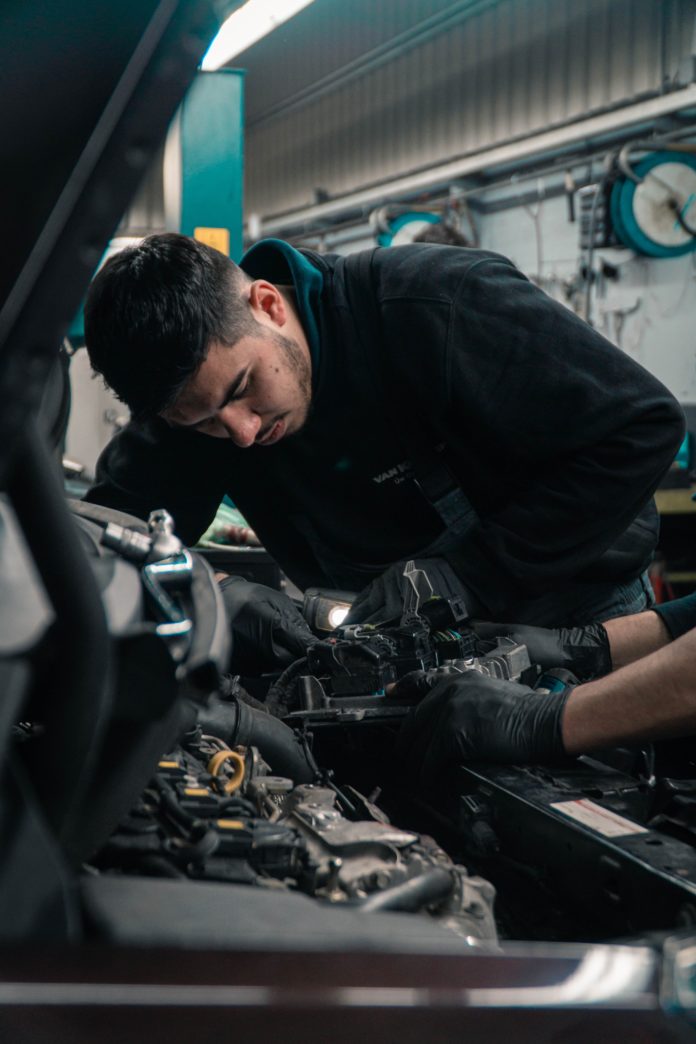
Several drivers do not know how their vehicles work. In case the car develops a problem, they will trust a mechanic to fix the problem and get the car working again. For most, it is impossible to confirm if your mechanic has done an excellent job on your vehicle before you leave their shop until the vehicle breaks down again.
Mechanical failure is responsible for several car accidents in the United States. Some of these accidents are caused by blowout tires, brake failure, or a manufacturer’s defect that can be easily determined. However, 40% of vehicle-related problems are unknown, and to hold your mechanic liable, you may need to prove if they were negligent.
Therefore, if you have been in a car accident and you suspect that your mechanic or auto shop was negligent, talk to an experienced lawyer from a reputable firm like Albright, Stoddard, Warnick, and Albright to help prove liability and get compensation. Such cases are never easy to prove, and having an expert on your side will help you prove their negligence.
Proving Negligence
Your attorney will have to prove that the mechanic was negligent and show how their actions are connected to the accident. The mechanic does not have to be fully responsible for the accident but to hold them liable, they will have to be partly connected to it.
You can establish negligence by showing that the mechanic breached the duty of care, and by doing so, the vehicle failed to perform as it should after leaving their shop. Your lawyer will first have to know the mechanic’s duty of care to establish if it was breached.
A Mechanic’s Duty of Care
Though some states do not require a mechanic to have a license, most reputable body shops require their mechanics to have a license like an Automotive Service Excellence (ASE) Certification. If the mechanic was licensed, they have an obligation to ensure that every vehicle they work on is properly fixed.
If they do not have a license, the attorney can use their documented experience to show that the mechanic has a duty of care. This is because their experience proves that they can notice a problem with the vehicle and fix them or inform the owner about them.
Proving Breach of Duty of Care
Once you have established the duty of care, the next step is to prove that the mechanic breached it. For example, if the mechanic notices a problem in a vehicle, they are either supposed to fix it or inform the owner of the issue before they drive off.
If they fail to do something about a potentially dangerous problem, they can be liable for any accident the vehicle causes because of that issue. Mechanic and repair shops have a duty to double-check the cars they are fixing, use the right parts, and warn you about any problem. Should you fail to take their advice and use your vehicle before it is fixed, they will not be liable for any accident because they did not breach their duty of care.
Linking Negligence to Your Injuries
One of the most challenging parts about this claim is linking the mechanic negligence to your injuries. Your attorney may have to bring in experts to help determine how the mechanic is responsible for the crash. To do this, they will look at the repair work done on the vehicle, the accident details, and reports to show what the mechanic did wrong and how it contributed to the crash.
Hire a Lawyer to Help Prove Your Mechanic’s Negligence
Car accidents that involve mechanical failure can be devastating. You will need to recover from such losses, injuries, and trauma, and this involves holding someone accountable for the accident. Hire an experienced car accident attorney to help you prove if the auto repair shop or mechanic is liable and get compensated.





